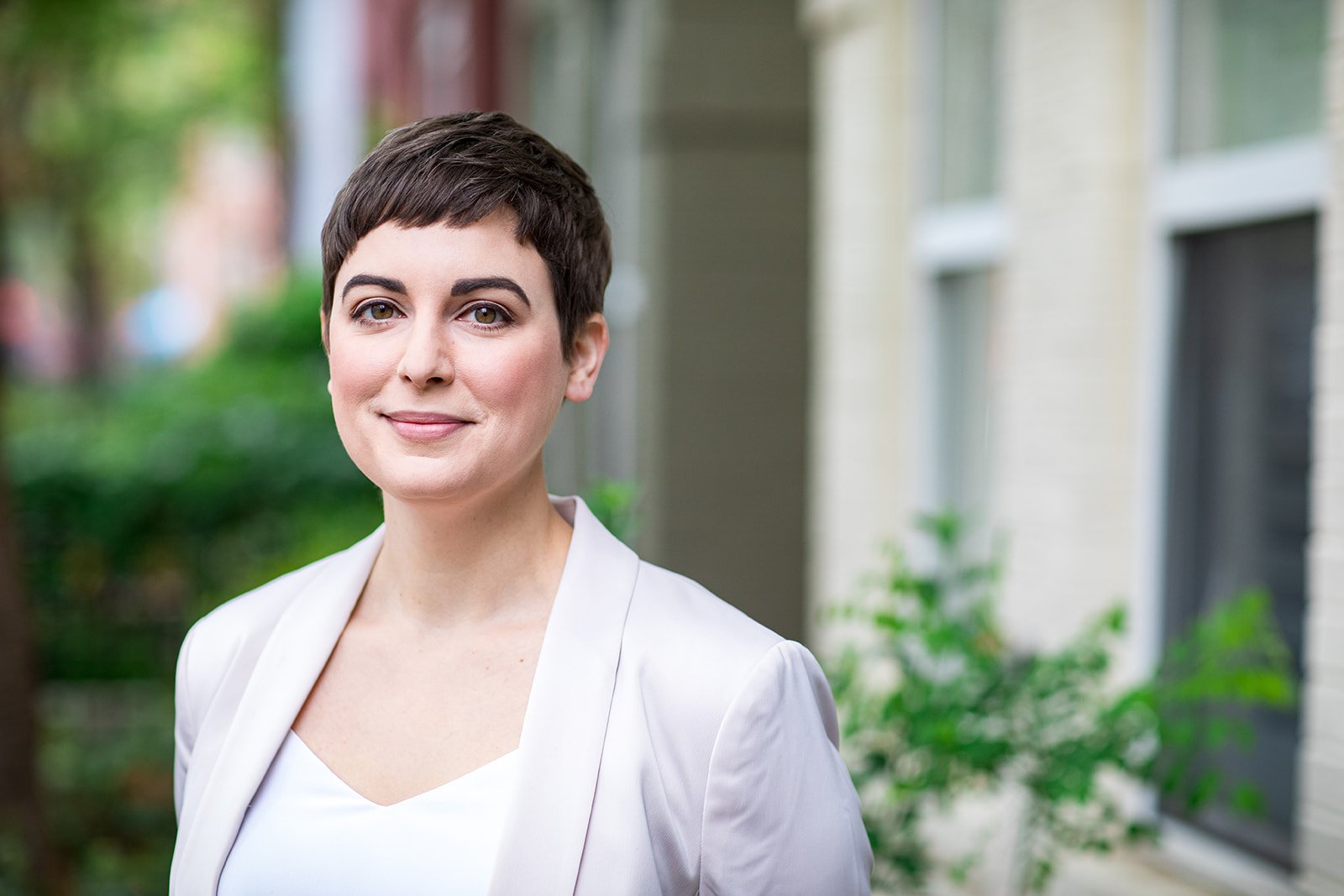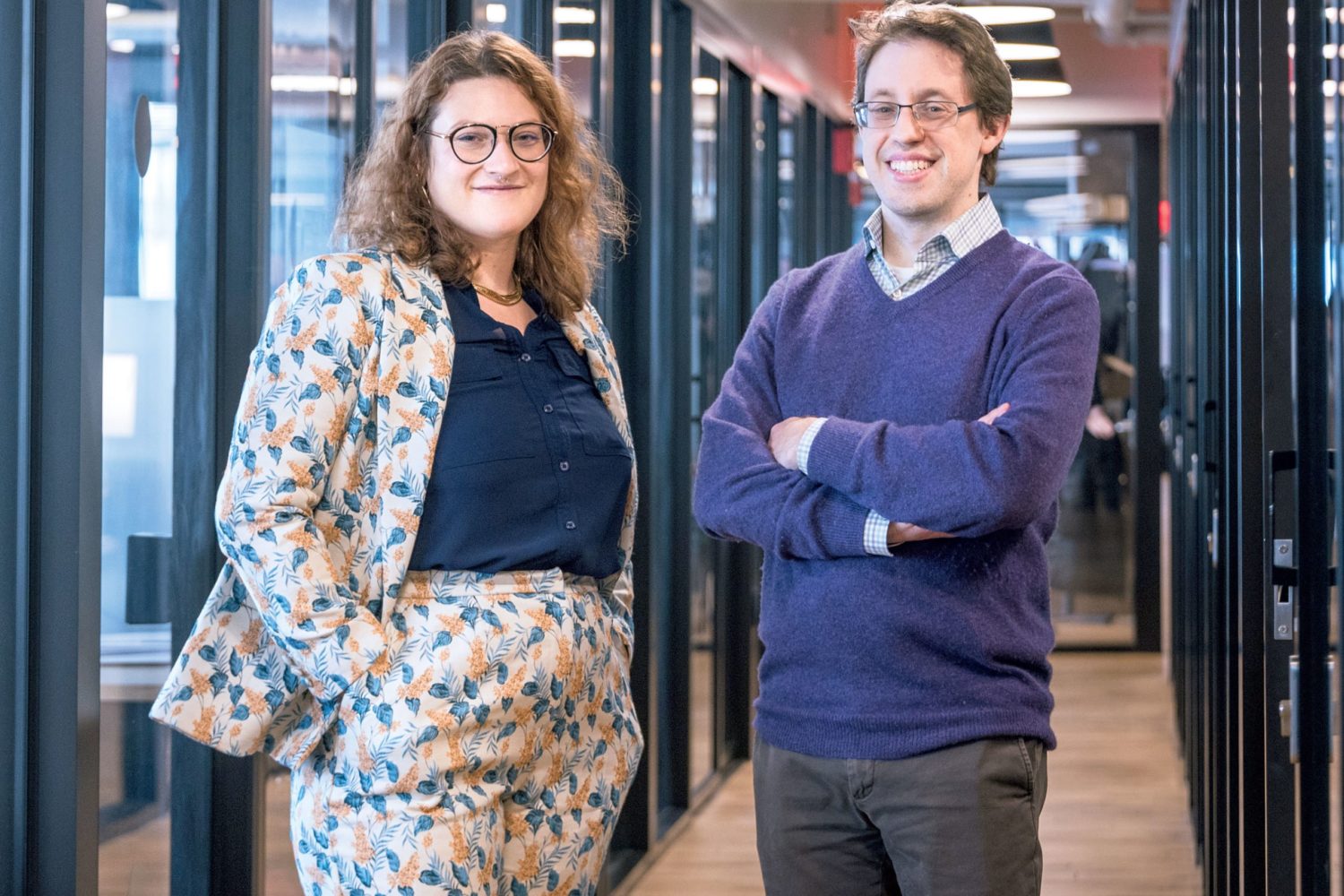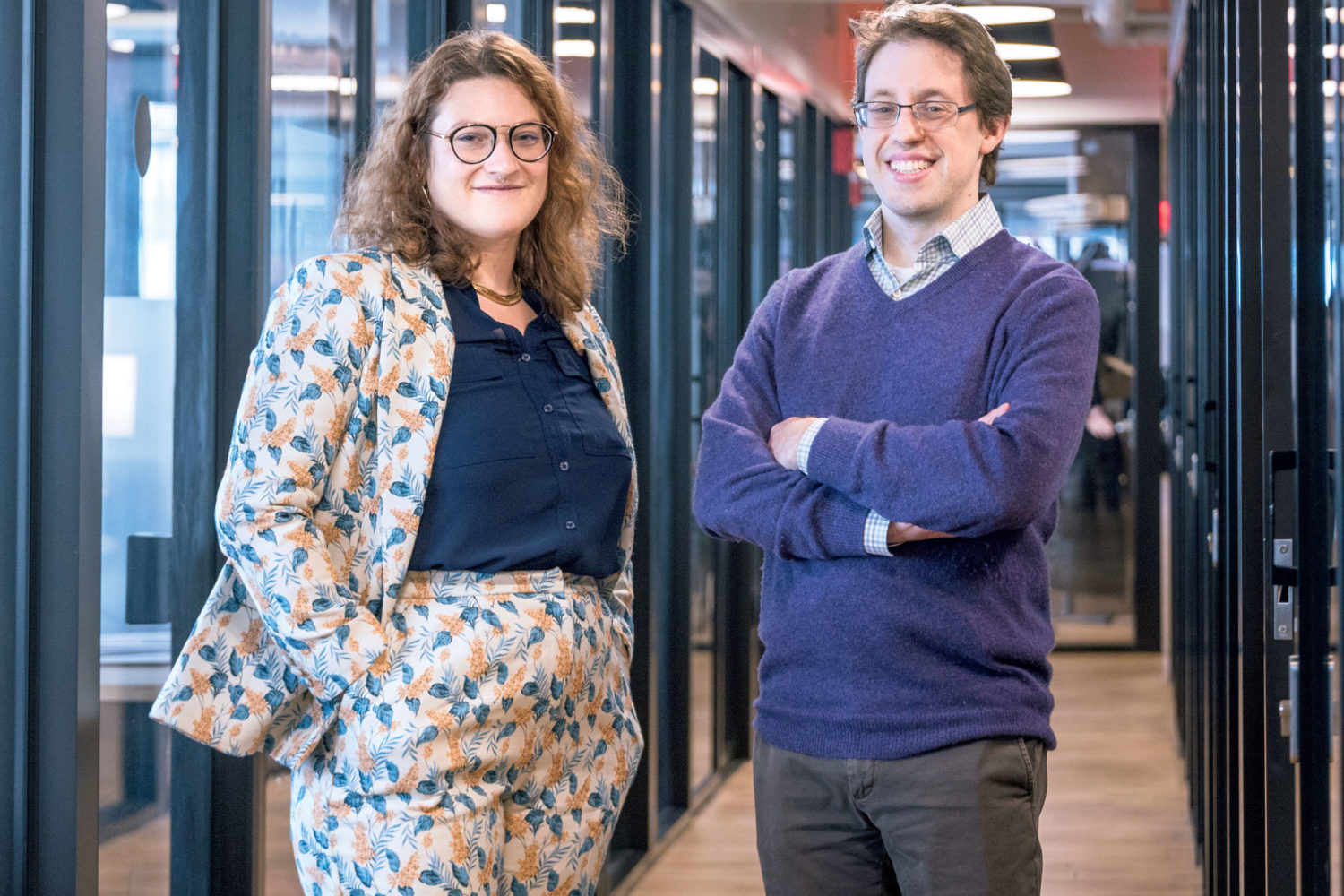Chelsea Allinger’s relationship with Greater Greater Washington goes back to not long after she moved to DC at the end of the early 2000s: On a coworker’s recommendation, she became a regular reader of what was then an urbanism blog. In 2018, she attended a workshop on running for Advisory Neighborhood Commissions in the District and decided to run for the ANC that represents her part of Mount Pleasant—and won. “The work that GGWash does is aligned with the interests that have really guided my career from Day One,” Allinger says.
Now the part-time Ph.D student who’s held leadership positions at various nonprofits will lead the group as its new executive director, a job she’ll start in early May. Greater Greater Washington has expanded to encompass policy work and advocacy as well. Founder David Alpert decided last summer that he planned to step down, saying he believed it is “good for organizations to be more than just an embodiment of one founder’s own ideas.”
Allinger grew up near Rochester, New York, and gets around mostly by walking these days: “Like many of us, the radius within which I travel has shrunk a lot in the last year,” she says. In GGWash (the preferred internal nickname, for reasons Alpert explained to me back when I profiled him in 2019), she sees an organization that seems bigger from the outside and needs a push to fulfill its ambitions. “My background is in fundraising,” she says. “My pitch during the interview process was not that I wanted to fundamentally change the organization, but that I really wanted to help it expand and grow in the way that I think staff want to as well.”
So what does that actually mean in practice? Allinger stresses she hasn’t been named managing editor of its well-read blog—that’s George Kevin Jordan’s job, she says. Allinger does like articles like a recent Libby Solomon piece that explained DC’s Inclusionary Zoning program. That comports with her ambition to reach “folks who care about their neighborhood, who care about affordable housing issues, who care about having good public transportation systems but who maybe aren’t sure how to get involved in advocating for those things. Or who maybe feel intimidated by the jargon and the technicalities around this stuff.” In policy, she’d like to see more workshops like the one that got her involved in neighborhood politics.
The word Allinger used most in our conversation was capacity, a characteristic she hopes to bolster by bringing in more cash to pay more people to do more things. Its ambition to expand coverage to Richmond and Baltimore? Build that capacity! Strengthening the nonprofit’s large community of volunteers? More capacity there, too!
Casting her eyes to federal Washington, Allinger says she’s looked at President Biden’s plans for infrastructure and says she has been particularly encouraged by messaging from Secretary of Transportation Pete Buttigieg. Asked if she might try to meet with the celebrity cabinet member, Allinger doesn’t rule it out: “He lives here. He’s been biking to work now. It wouldn’t be typical for a local advocacy nonprofit to be meeting with the Secretary of Transportation. But I couldn’t envision a context where that makes sense because it’s all right here in DC.” With regard to Allinger’s ambitions for the region, she cites region-wide Vision Zero goals, more affordable housing, and more multi-modal transportation—all items squarely in Greater Greater Washington’s remit.
“I do see this as a point in time when GGWash is transitioning from startup energy to more of a fully established nonprofit organization,” Allinger says.



















